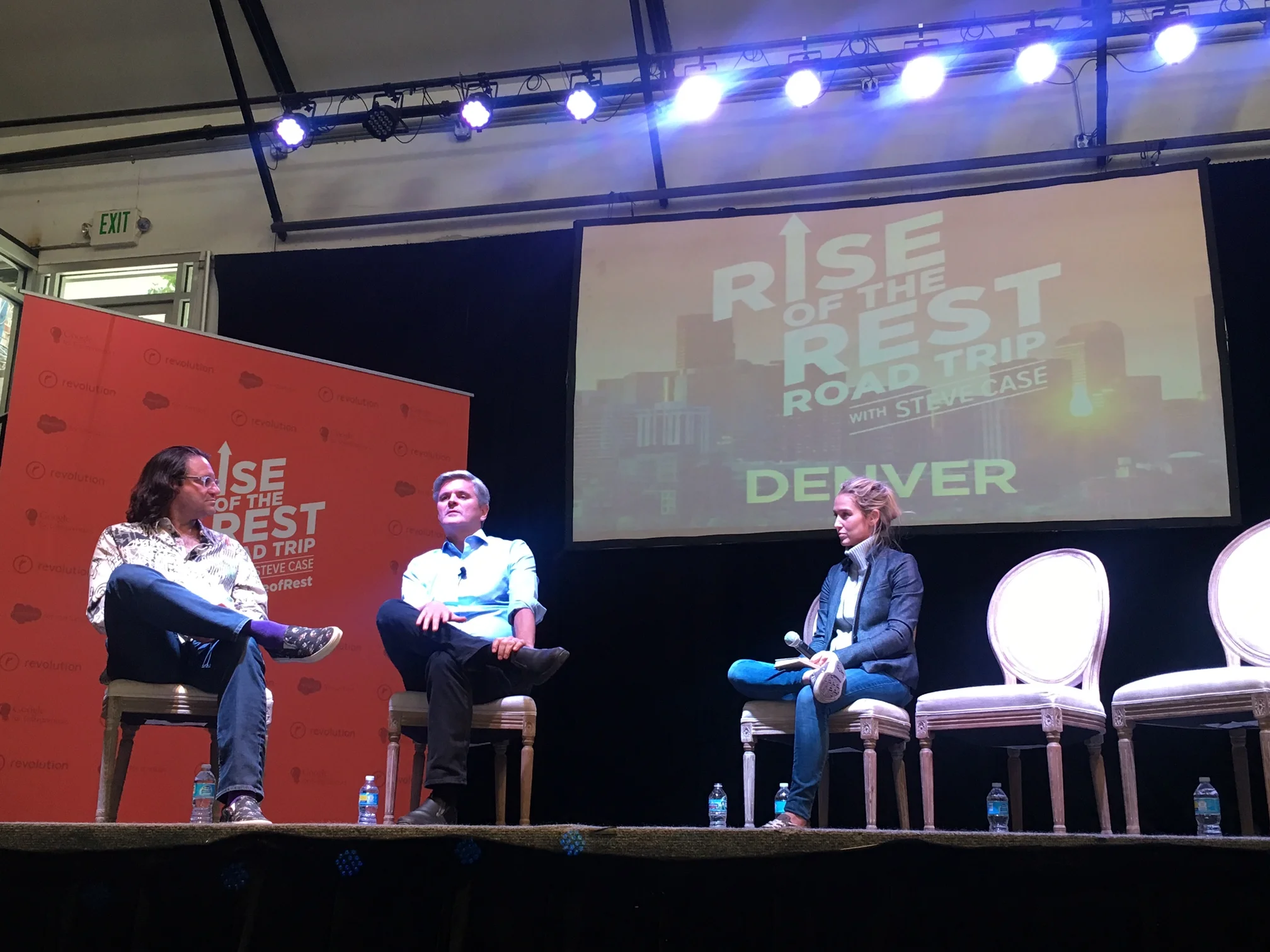DC Grapples with IoT Cybersecurity. The Internet of Things (IoT) has grown exponentially in recent years: there are now approximately 6.4 billion internet connected devices worldwide, a number that is increasing by 5.5 million every single day. While the growing IoT holds tremendous potential, recent cyberattacks have left policymakers increasingly concerned over vulnerabilities in connected devices. On Tuesday, the National Institute of Standards and Technology (NIST) issued a set of guidelines on IoT cybersecurity, while the Department of Homeland Security (DHS) published its own policy principles for securing connected devices. The following day, policymakers on the Hill held a joint hearing to discuss security and cyberattacks on the IoT. There was consensus among panelists around the importance of standards and guidelines like those released by the Administration earlier in the week. However, there was disagreement over whether formal regulations are necessary. While one participant called for government intervention, Rep. Greg Walden (R-OR), who chaired the hearing, noted that regulations would be a "knee-jerk reaction" to recent attacks. We’re tracking.


























